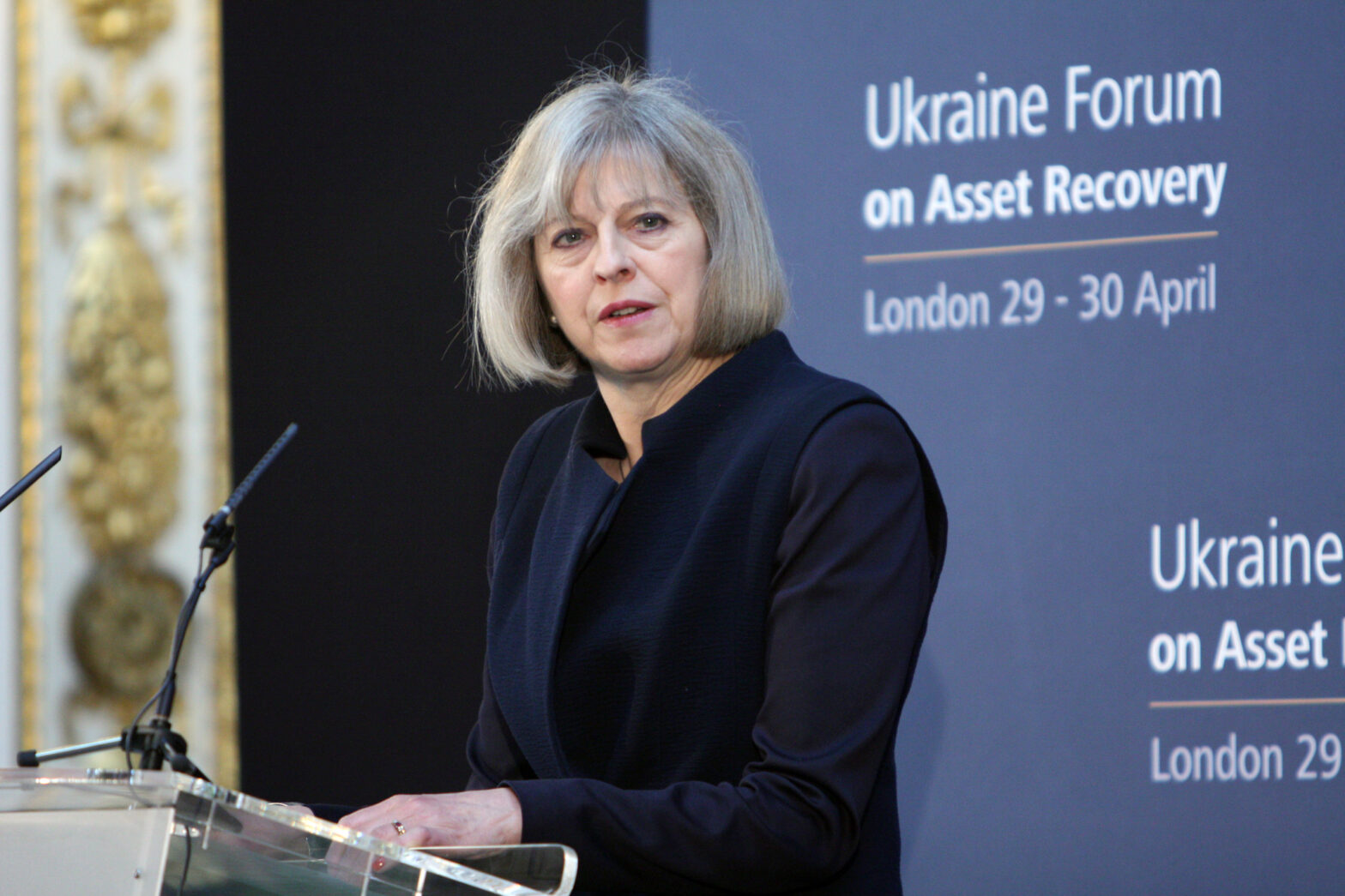Such action from the prime minister will place a greater onus on employers to create more inclusive workplaces, tackle stubborn problems like the gender pay gap and confront excessive executive high pay, says the organisation’s chief executive Ann Francke.
‘We’ll work with government, leaders and managers to make social purpose in business a priority that delivers benefits for all,’ Francke says.
The government must act decisively to secure the UK’s long-term economic stability after the decision to leave the EU, with immediate action needed to improve small business confidence, according to Mike Cherry, national chairman of the Federation of Small Businesses (FSB).
‘The new prime minister will decide the UK’s approach to EU negotiations, and she must ensure that smaller firms’ interests are taken into account; simple access to the single market, the ability to hire the right people, continued EU funding for key schemes and clarity on the future regulatory framework.’
The FSB also calls on Theresa May, as the new prime minister, to guarantee non-UK EU nationals, many of whom run their own small businesses or are employed by small businesses, to be granted the right to remain in the UK both during the negotiations and thereafter, and to use the negotiations to ensure that UK small firms and the self-employed who work in the EU can continue to do so.
Call to get back to business on infrastructure
‘With business confidence at the largest annual fall, government must get back to business on the many vital issues which had been put on hold during the EU referendum campaign and subsequent fallout. These include key infrastructure projects like airport expansion, HS2, energy security and the Northern Powerhouse as well as delivering on business rates pledges and changing plans for quarterly tax returns,’ Cherry adds.
Sinead Hasson, of recruitment company Hasson Associates, would like Theresa May to be sympathetic to the issues that small businesses will face because of Brexit and take action now to negotiate a deal out of Europe that safeguards business.
‘As a small business owner uncertainty is never good for the economy so with her experience and credibility on a global stage I want her to steer the smoothest Brexit course possible… the outcome will have a very real impact on my business and on the industry I recruit for, an industry reliant on the knowledge and experience of people not just here in the UK, but across the whole of Europe,’ Hasson says.
Chloe Webber, of Company Check, highlights the significance of a female prime minister after half a century of male dominance. ‘Within six months we could be in the unprecedented position of having women leading the UK’s two largest parties. And in the White House too; good news for equality, bad news for the glass ceiling,’ she adds.
Alison Scrivener of Diligence Services adds, ‘I would like to think that Theresa May will be a good prime minister for the country during this time of political change; we are seeing parties ripped apart and the country moving away from the EU so she certainly has a tough job ahead, but she can make a positive name for herself if she uses the collaboration and cohesion qualities, which women are often more successful at than their male counterparts.’





